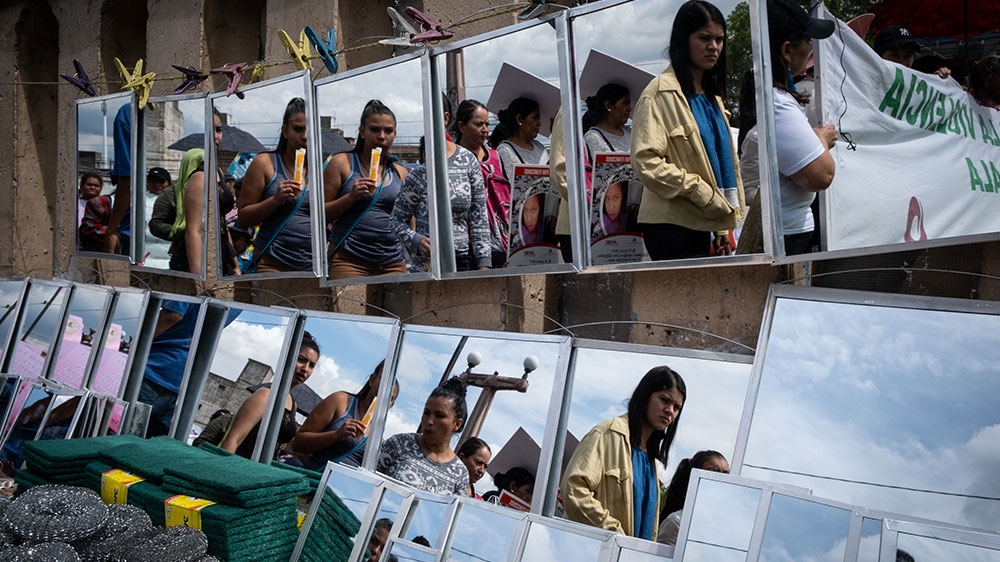RIO DE JANEIRO, BRAZIL – Honduran women’s rights activists vowed to continue their fight for abortion to be decriminalised on Friday, January 22nd, after lawmakers in the conservative Catholic country approved a constitutional reform that would reinforce the ban.

Women who have an abortion in Honduras currently face up to six years in jail and campaigners had hoped to replicate the success of feminist activists in Argentina, which last month legalized abortion up to 14 weeks into a pregnancy.
But the reform approved by the Honduran Congress on Thursday would invalidate any law that allowed “the practise of any type of interruption of life of the unborn”.
Neesa Medina, a member of Honduran feminist collective Somos Muchas, accused lawmakers of ignoring the suffering of women in the Central American country, where sexual violence levels are high.
“There are thousands of people affected by the pandemic, there is insufficient healthcare and thousands are leaving in caravans, many who are women and girls,” she said, referring to the thousands of poor Hondurans currently trying to reach the United States.
Medina said attitudes had changed since Honduran legislators last considered a measure to legalize abortion under limited circumstances in 2017, when she said criminalisation was an “unquestioned truth”.
“Just sowing doubt has been crucial,” she told the Thomson Reuters Foundation. “There is an advance at least in the social fabric and collective consciousness. Now there are more voices that question the absolute penalization of abortion.”
An estimated 40 percent of pregnancies in Honduras are unplanned or unwanted, according to Human Rights Watch, and the United Nations estimates that between 51,000 and 82,000 Honduran women and girls risk unsafe abortions each year.
In 2017, more than 8,700 women were hospitalized in Honduras because of abortion complications, according to the latest data available from the public health ministry.
Since the failed reform in 2017, feminist activists have doubled down on their efforts to promote safe and legal abortion, organizing two major conferences in the capital attended by hundreds of women.
Lawyer Carmen Lopez said the movement would fight on and was looking at what legal action could be taken to challenge the planned reform. “The feminist groups are in constant action, bring together support, denouncing, drawing attention, and I think this is the work now,” said Lopez, who works with law firm Legal Team for Human Rights.
Honduras is one of six countries in Latin America and the Caribbean with total abortion bans.
Most of the 6.5 million abortions performed in Latin America each year are unsafe, according to the Guttmacher Institute, and at least one in 10 maternal deaths in the region can be attributed to abortions.
The proposed reform will still need a second vote in the unicameral legislature next year before it is enacted.
Feminist activists protested outside the Congress building on Thursday, many wearing the green bandanas that became the symbol of the movement for safe and legal abortion in Argentina on their wrists.
Julissa Rivas, an activist with the Honduran feminist group Yo No Quiero Ser Violada (I Don’t Want to Be Raped), said the reform would spur campaigners to “continue rethinking the ways that we fight”.

